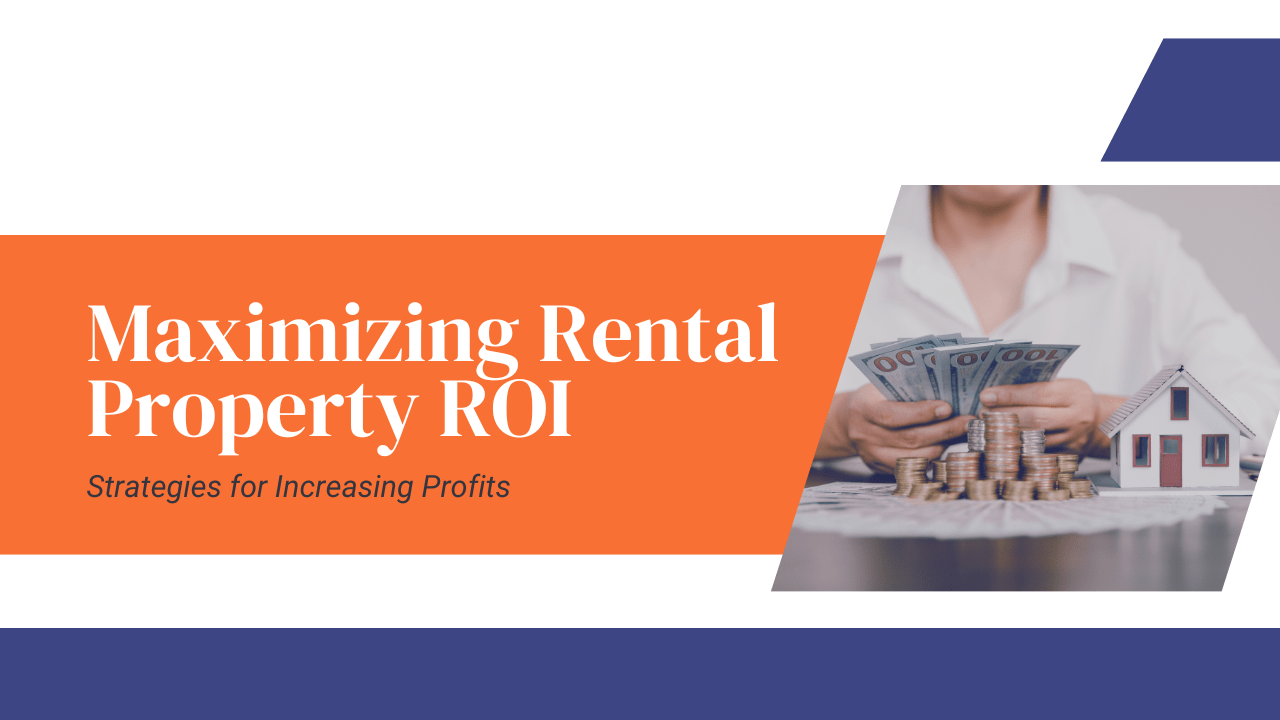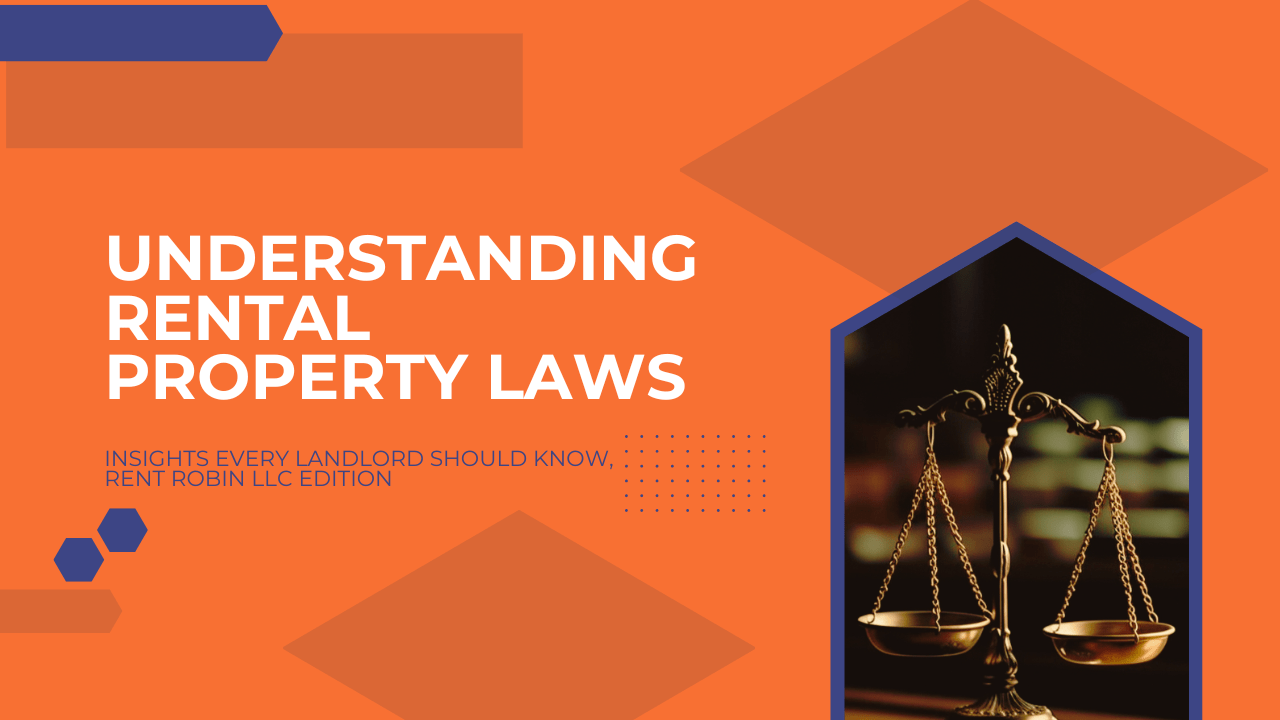Our Blog
Are you looking for ways to increase what you earn on your Kansas City metro area rental property? Maximizing the return on your investment (ROI) is essential to achieving long-term financial success. When …
Are you looking for ways to reduce tenant turnover costs at your rental property? We can provide some great strategies that reduce vacancy and keep your investment property stable and …
We can tell you all about the things we do to ensure you’re a successful real estate investor. We could talk about our on-time rent collection procedures, our ability to …
Rent Robin can help you maximize your rental property return on investment. How do we make you more profitable? We pay attention. We collect data. We follow the market and …
In our experience managing rental properties in Missouri, we have never met a landlord who made their life easier by not knowing the laws. Fair housing. Security deposits. Evictions. There …





